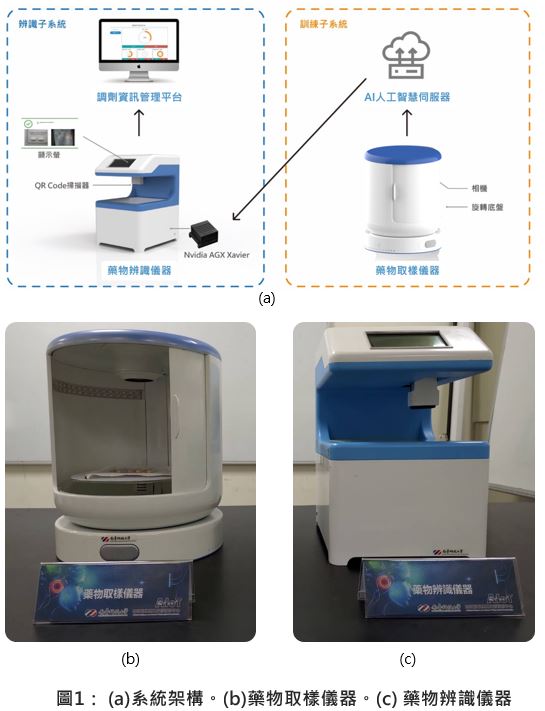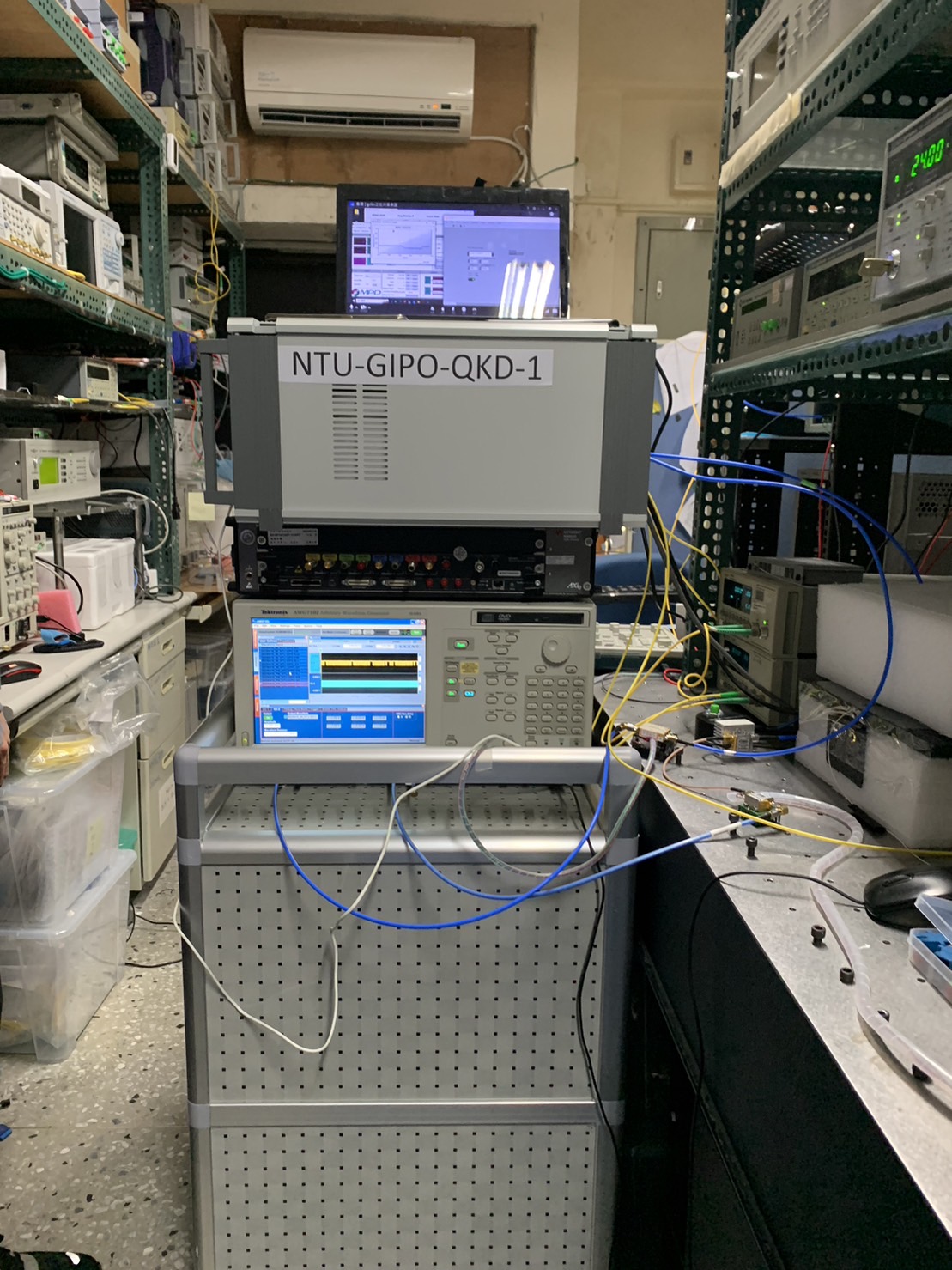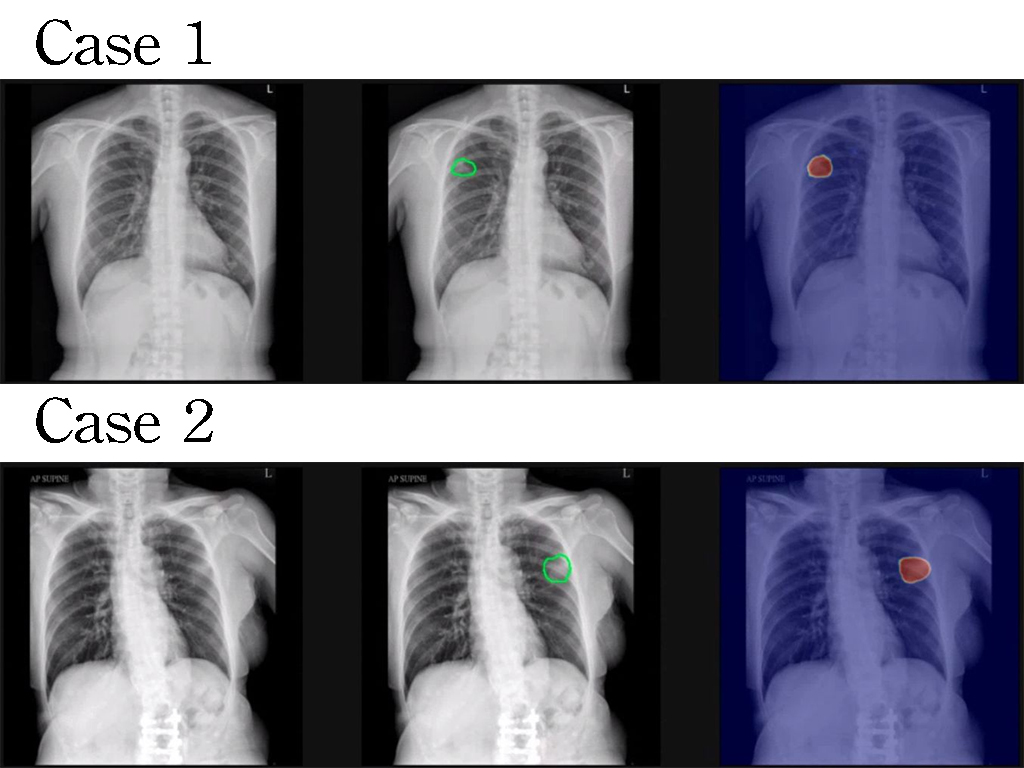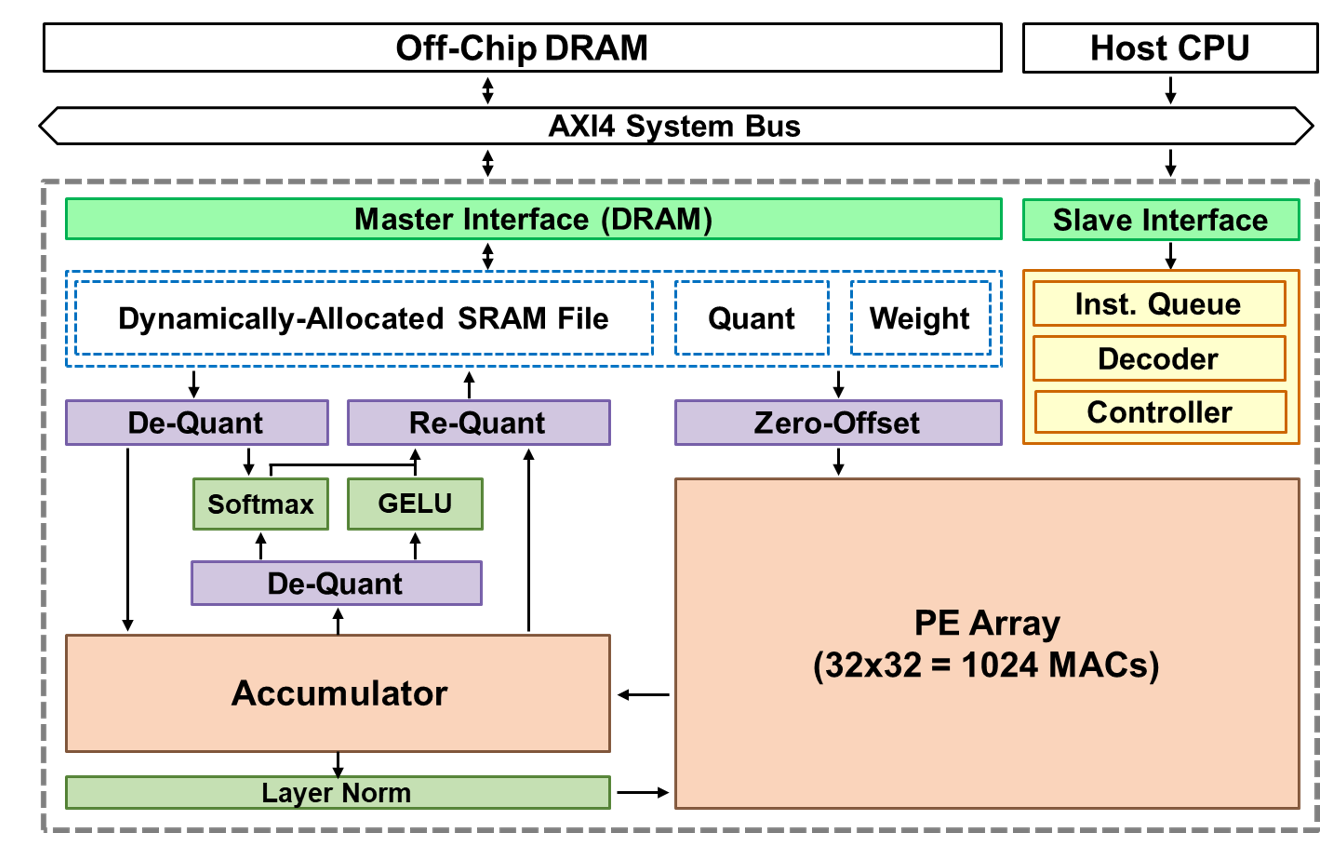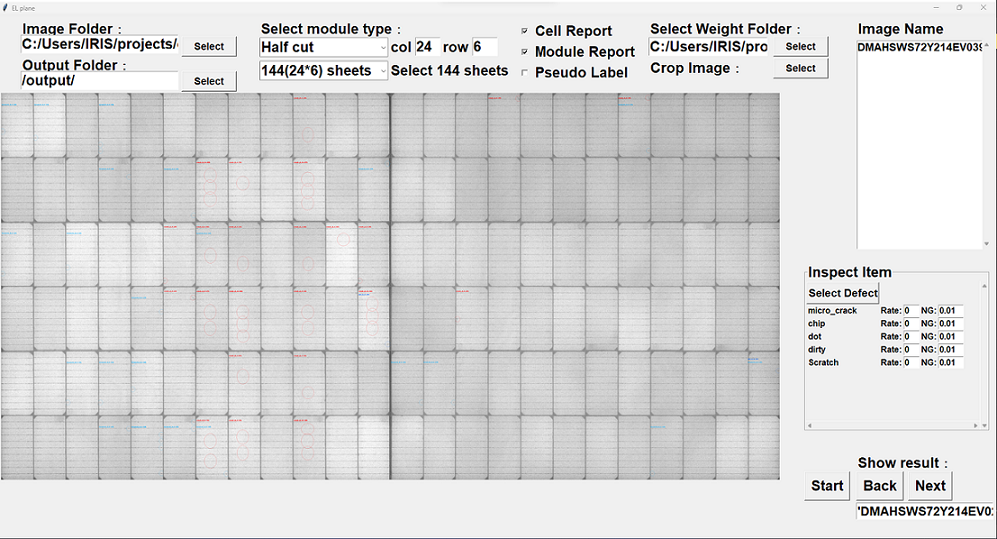| Technical Name | Prospective Transcranial Temporal Interference Stimulation: Pioneering a New Era of Non-Invasive Deep Brain Stimulation | ||
|---|---|---|---|
| Project Operator | Taipei Medical University | ||
| Project Host | 彭志維 | ||
| Summary | Transcranial Temporal Interference Stimulation (tTIS) is a non-invasive deep brain stimulation technique that utilizes high-frequency alternating currents to generate low-frequency interference within the brain, enabling precise modulation of deep neural structures. Our team has developed a functional tTIS hardware device, completed animal studies and safety certification, and has obtained clinical trial approval. We are currently conducting rehabilitation trials in patients with dementia. |
||
| Scientific Breakthrough | Our tTIS device features dual-channel independent frequency control and theta bust stimulation waveform output, enabling non-invasive and rapid neuroplastic effects of deep brain stimulation. Compared to existing prototypes, it offers a portable, clinically applicable design and complies with IEC 60601 medical safety standards. The technology combines depth, selectivity, and safety, showing strong potential for clinical translation and commercialization. |
||
| Industrial Applicability | The tTIS technology has strong commercialization potential, targeting patients with dementia, Parkinson’s disease, spinal cord injury, and chronic pain. It can be applied in clinical treatment and remote rehabilitation, offering a cost-effective alternative to surgery and medication. With deep targeting, high safety, and wearable design, the system is well-positioned for regulatory approval and global commercialization through medical partnerships. |
||
| Keyword | Transcranial Temporal Interference Stimulation Non-invasive Deep Brain Stimulation Neuromodulation Neural Stimulator Neurorehabilitation Technology Non-invasive Spinal Cord Stimulation Translational Medical Device Cognitive Enhancement Parkinson’s and Dementia Therapy Medical Electrical Stimulation System | ||
- Contact
- Chih-Wei Peng
- cwpeng@tmu.edu.tw
other people also saw




